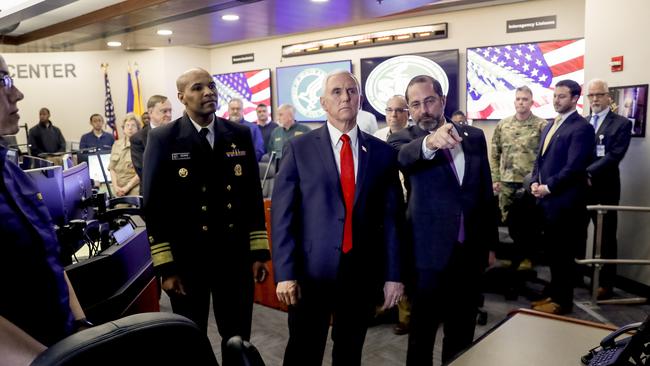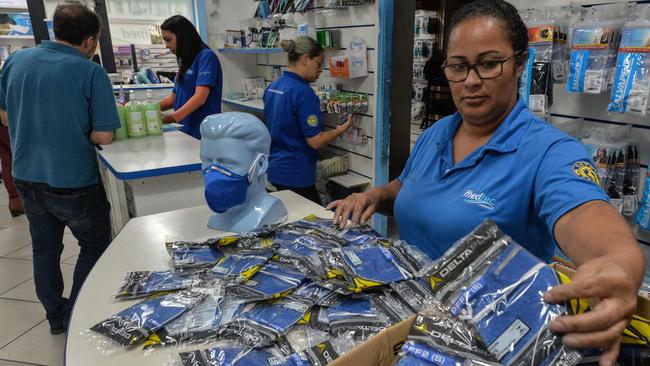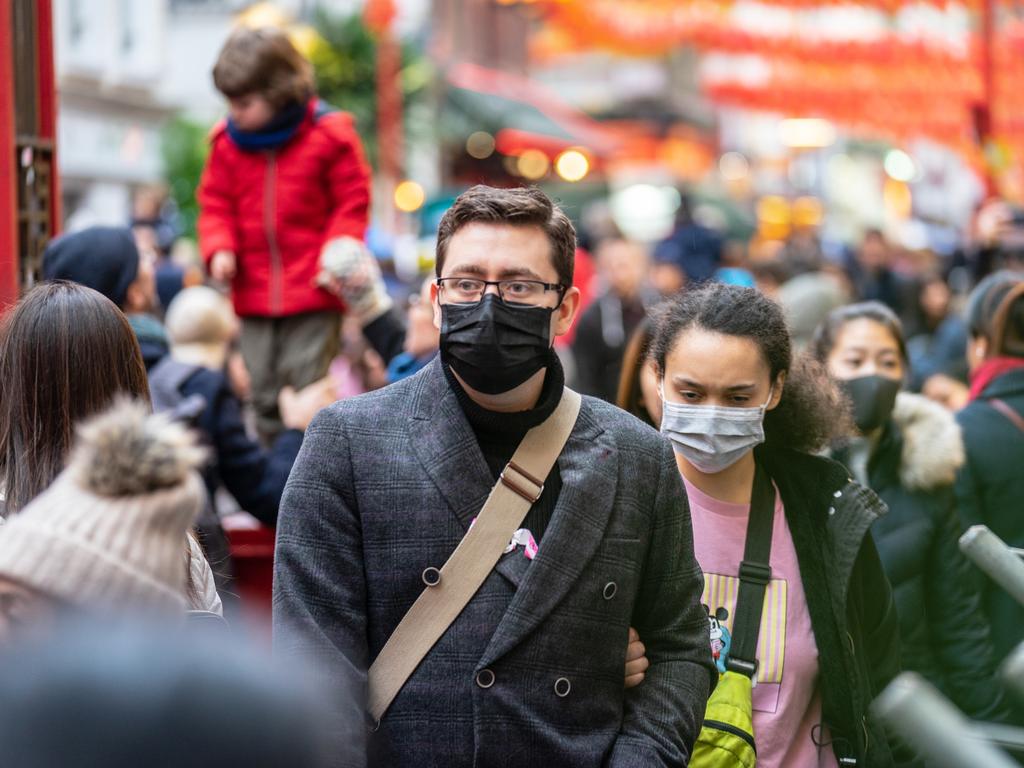
But today’s big fall on the ASX and in New York shows the share market believes there are much tougher times ahead and if, that’s right, the Australian residential real estate market will not escape a blow.
And as I explain below my plumber mate is just as scared as the share market. Despite last night’s fall in the iron ore price it has been firming, which means that the Chinese are expecting their government to undertake an almost unlimited stimulation, as they did at the time of the global financial crisis.
That will involve massive construction. And so, since its lows of early February, the iron ore price has risen 7 per cent. If that market indicator is right, then coal will also be boosted. In another pointer, the Australia dollar has stabilised, albeit at low levels.
Although we need to watch the iron ore price, I started today’s commentary with that good news not to understate the very nasty situation we face, but to alert everyone to the fact that there is possibly a light at the end of the tunnel. But there are no guarantees about the length of the tunnel.

But that light is of no immediate help to my plumber mate who had a thriving business. For him it’s now it’s about survival because he has a whole series of jobs that he can’t complete, and therefore be paid for, because the necessary materials are not coming out of Asia.
Australia contained inflation partly by globalising its supply chain and its now coming back to bite us hard.
That plumber must shed staff, or he will go broke. What he will try to do is find work at low prices where he can complete the jobs and keep his key people employed. He will vote ALP next election if Josh Frydenberg and Scott Morrison don’t accelerate fast payments of contracts. That legislation will not solve the situation, but it will help because payment rates are slowing even for completed work. The next business activity statement is due now and another is due at the end of April. The government needs to urgently set up a payment deferral system that actually works.
My plumber is by no means alone and supply chain problems are happening all around Australia and the world.

Sharemarkets are falling but, so far, we have barely reached the correction level - a 10 per cent fall - after a record run because we believe that either by immigration control or medical science the virus will be contained.
The early government indications were that the virus would peak in April, which would make this a blip, and any long-term damage to the supply chain would be manageable.
But if they are wrong, and by May the situation is still very serious, then we are looking at an unpredictable calamity. While not forgetting our iron ore tunnel light, let’s try to plot some of the repercussions.
On the front line are any enterprises that involves travel, tourism and Chinese spending. Accordingly, high end retailers, airlines education and casinos are all hit hard. That soon spreads to areas where there is a large grouping of people, like big sports and concerts. Oil demand is collateral damage.
On Friday The Australian carried the headline “Everyone will get the virus”.
At the moment elderly people catching the virus have a 15 per cent death rate while among younger people it is 2 per cent. So, by April or May, we will need medical science to come up with a vaccine or a treatment method that lowers the impact, or the world economy is going to have a very serious downturn.
And that’s what makes predicting what will happen so hard: we are now dependent on medical science in a way we have never seen before.
My guess is that science will come up with an answer but it will take longer than we would like.
If that’s right, it means that, like my plumber, small enterprises will go into survival mode and that will hit employment. The current boom in real estate will falter and there will be a correction because people will be frightened about their income.
But remember, longer term, we will have a shortage of dwellings. The Reserve Bank will lower interest rates which will further reduce spending. Australians with large mortgages are now in savings mode and are using any spare cash they have to cut their debt. Lower interest rates will help that process, but that’s all.






Amidst all the market carnage there is one glimmer of light: the iron ore price.